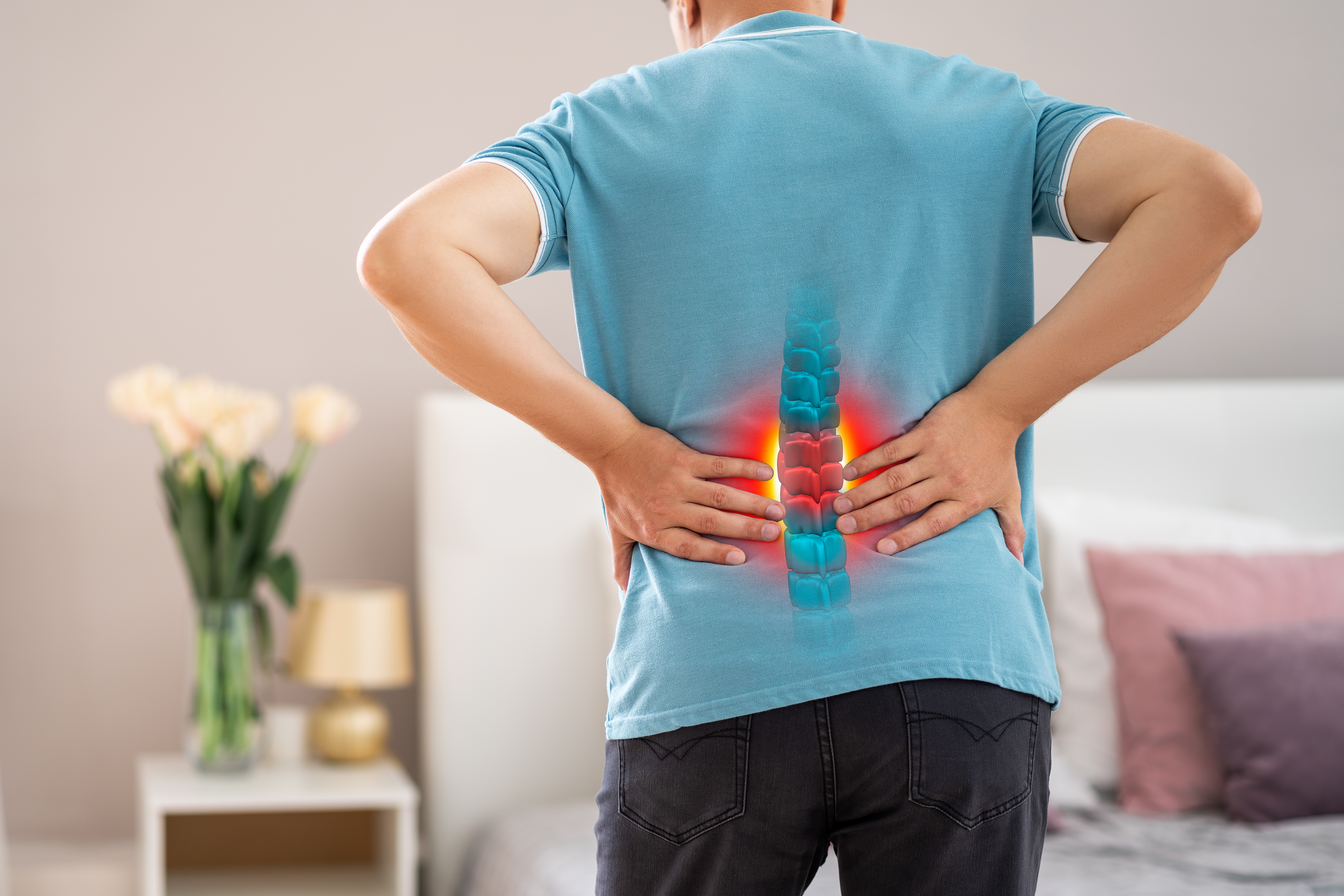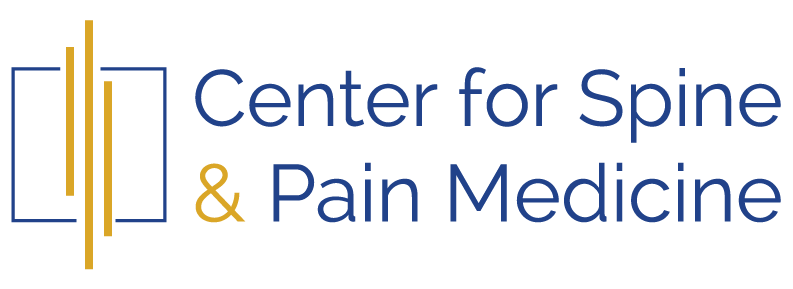
The Anatomy of a Herniated Disc: Understanding Your Spine's Vulnerabilities
Understanding the Spine's Structure Our spine, a marvel of biological engineering, consists of 33 vertebrae, cushioning discs, and the central nervous system's primary highway—the spinal cord. Between each vertebra are discs that act as shock absorbers and allow for mobility. Understanding this structure is the first step in recognizing the impact of spinal disorders such as herniated discs.


What is a Herniated Disc? A herniated disc occurs when the soft inner gel of the disc leaks out through a tear in the tougher exterior. This can irritate nearby nerves and result in pain, numbness, or weakness. Unlike common wear and tear of discs, known as disc degeneration, a herniated disc can sometimes lead to more intense and localized symptoms, depending on its severity and position.
Causes of Herniated Discs Herniated discs can result from a variety of factors. Natural aging can lead to disc dehydration and reduced flexibility. Physical strain or injury can cause immediate damage. Additionally, lifestyle choices like smoking, lack of exercise, and improper lifting can increase the risk of a herniated disc.
Symptoms of a Herniated Disc The symptoms can vary widely from mild discomfort to severe, debilitating pain, often depending on the location of the herniation. For instance, a herniation in the lower back may lead to sciatica, a sharp pain radiating down the leg, while a herniated disc in the neck might cause arm pain.
Diagnosis of Herniated Discs Diagnosing a herniated disc typically involves a combination of physical examination, where a doctor may check for flexibility, range of motion, and nerve function, and imaging tests. MRI scans are particularly useful as they can show detailed images of the disc and nerves.
Treatment Options for Herniated Discs Non-surgical treatments like rest, physical therapy, and medications are often the first line of defense. For more severe cases, Interventional Pain Physician should be involved to perform an appropriate spinal treatment ranging for Epidural Steroid or Nerve root Injections, minimally invasive disc decompression treatment , later other surgical options such as a discectomy may be considered. The treatment plan should be personalized to the individual's specific condition and symptoms.
The Role of Nutrition and Lifestyle in Managing Herniated Discs A well-balanced diet rich in anti-inflammatory foods and regular exercise can greatly benefit individuals with herniated discs. These lifestyle changes can help manage symptoms and prevent further disc damage.
Preventing Herniated Discs While not all herniated discs can be prevented, steps can be taken to reduce the risk. Maintaining good posture, using proper body mechanics when lifting, and engaging in regular strength and flexibility training can protect the spine.
Conclusion: Proactive Measures for Spine Health Understanding the connection between our lifestyle, our nutrition, and our spine is crucial. By being proactive and informed about the health of our spine, we can take significant strides in preventing conditions like herniated discs. It's essential to consult healthcare professionals for personalized spine care and to follow recommended guidelines for a healthy spine.
If you are suffering from a herniated disc or experiencing spine-related discomfort, don't hesitate to get in touch with the Center for Spine and Pain Medicine. Our team of specialists is dedicated to providing you with the care and support you need to embark on the path to recovery and regain the quality of life you deserve.

